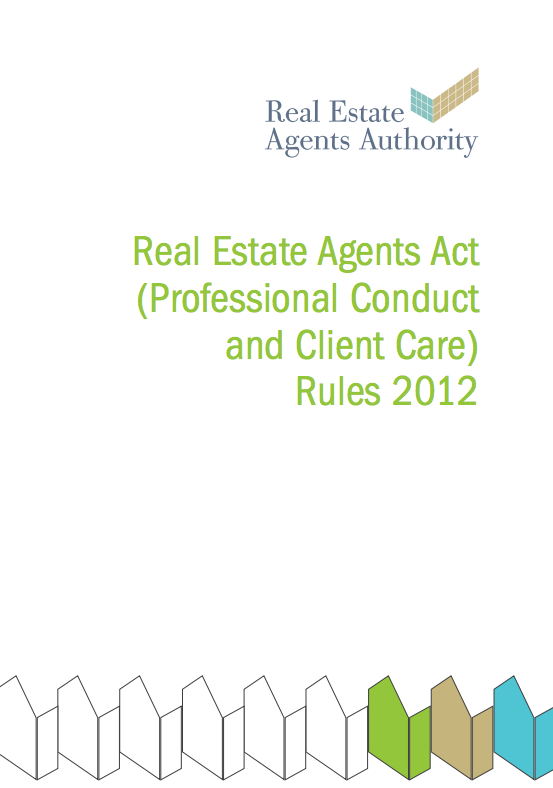REAA Code of Conduct
SYNRG is proud members of the Real Estate Agents Authority and the Real Estate Institute of New Zealand.
These group are set up to protect you as a buyer and seller of NZ property. Below we have, for your convenience, the latest edition of the Code of Conduct and the Frequently Asked Questions that may follow. At SYNRG we strictly adhere to these rules. If you have any issues you can follow our in-house complaints procedure or contact us at any time.
A number of changes have been made in the Code of Conduct 2012.
The key changes are
- You must explain to clients when an agency agreement will end. This is a new rule - Rule 10.6(b).
- When an agency agreement with a client is cancelled you must give your former client a list of customers who if they sell to, may entitle you to a commission. This is a new rule - Rule 9.11.
- You must recommend to all parties that they seek legal advice before signing agency agreements or sale and purchase agreements. This is an amended rule - Rule 9.7.
- Agents who are operating as a business must ensure that all their salespersons are properly supervised and managed. This is a new rule ' Rule 8.3.
- You must explain to clients in writing when there is no comparable or semi-comparable sales data to base an appraisal on. This is a new rule ' Rule 10.3.
- Before an agency agreement is signed, you must explain to the prospective client that how they chose to sell their property can impact on the benefits you receive. This is a new rule ' Rule 10.5.
- There are new rules for buyer's agency agreements on what information must be explained before an agency agreement is signed; only working within the terms agreed with the client; submitting offers; and record keeping obligations. This is a new rule ' Rule 11.
Other changes
There are other minor amendments to some other rules as well as some structural changes to the way the Code of Conduct 2012 is laid out including: Amending the requirements for disclosure of defects to:
- put in place a more consistent test on whether you should know about a hidden or underlying defect
- clarify the need for evidence or expert advice when seeking confirmation from a client that there are no hidden or underlying defects.
- Widening the requirement to explain the risks of double commissions to all agency agreements, not just sole agency agreements.
Ensuring that agencies not only have in-house complaints procedures but that these are kept up to date. - Modifying your duty to inform agents about complaints made against you to include former agents you worked for when the conduct complained about happened.

© 2025 SYNRG | Privacy Policy and Disclaimer
Synergy Realty Group Limited
Licensed REAA (2008)





